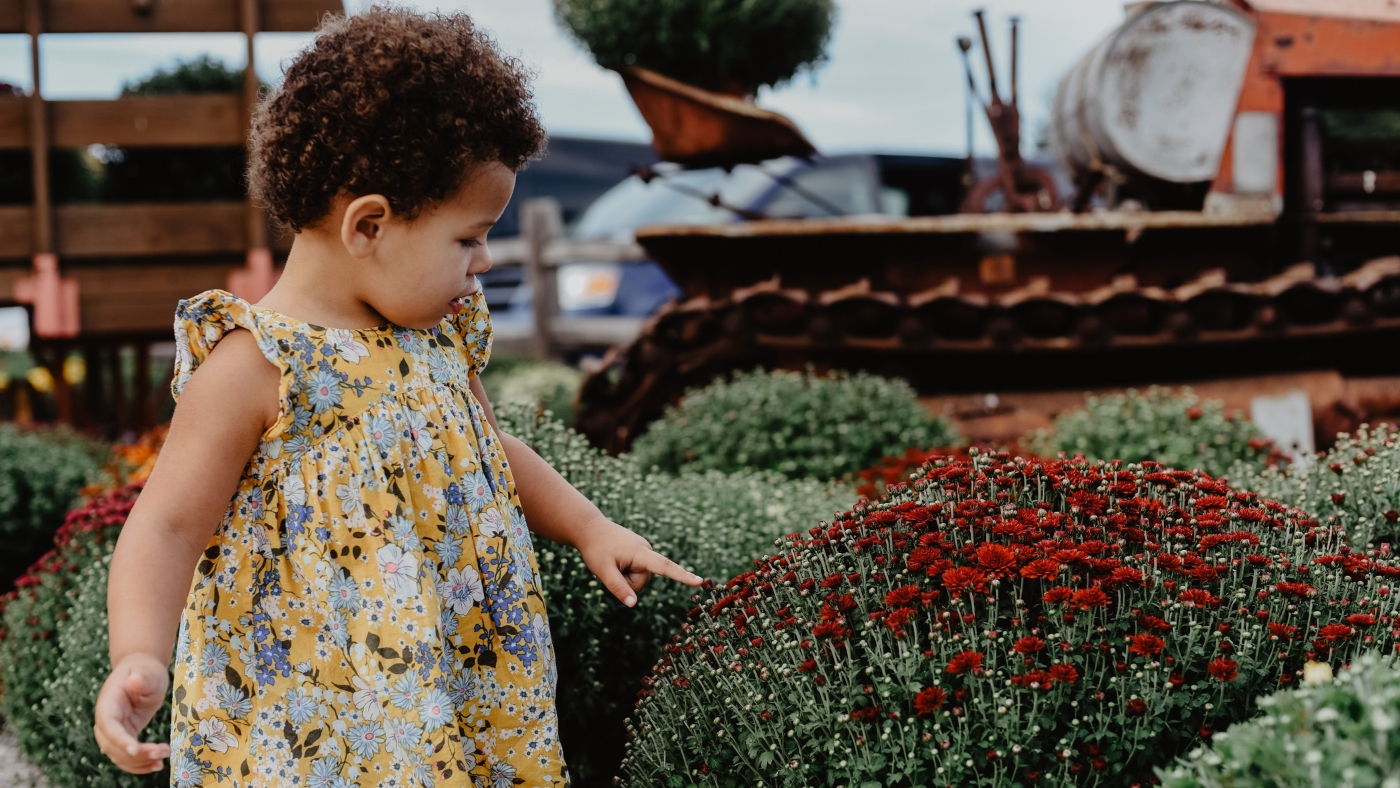

As parents, we all want the best for our children. And when it comes to early childhood education, parents are particularly eager to give their children the best possible start in life.
Montessori education – a child-centered approach that emphasizes practical, hands-on learning – has become increasingly popular among parents seeking an alternative to traditional classroom-based education.
One important aspect of Montessori toddler education is the role of nature and outdoor play. In this blog post, we will explore the many benefits of nature and outdoor play for Montessori toddlers, and how you can incorporate these activities into your child’s daily routine.
Physical development
Outdoor play provides children with the opportunity to move, run, jump, and climb. These activities help young children build strength, develop their gross motor skills, and improve their coordination.
Studies have shown that children who spend more time outdoors are less likely to be overweight and more likely to be physically active in later life.
Montessori toddlers spend a lot of time engaged in activities such as carrying, pouring, and sorting, which are essential for developing fine motor skills.
Outdoor play provides a much-needed balance to these activities by encouraging whole-body movements and energetic play.
Cognitive development
Being surrounded by nature stimulates a child’s senses and encourages curiosity. When a toddler is exploring the natural world, they are building their understanding of cause and effect, patterns, and sequencing.
Nature provides a wealth of opportunities for learning about science, math, and the environment. Outdoor play also offers children the chance to engage in imaginative play, which is essential for developing creativity and problem-solving skills.
Emotional development
Playing outside is not only fun, but it also helps children develop emotional resilience. Outdoor play provides children with the chance to take risks, make mistakes, and learn from their experiences.
These activities help children develop a sense of self-confidence and independence. In natural settings, children can also connect with the environment, which can help them develop a sense of stewardship and responsibility for the world around them.
Social development
Outdoor play provides young children with the opportunity to engage with others and develop social skills in a natural setting. Playgrounds, parks, and other natural settings offer children a chance to interact with others, cooperate, negotiate and communicate their needs and wants. These skills are essential for building relationships and establishing social connections.
Nature and outdoor play are an essential component of Montessori Toddler Education. Outdoor play benefits children in many ways, including physical, cognitive, emotional and social development.
In the Montessori curriculum, outdoor play and nature-based activities provide young children with the opportunity to explore, learn, and grow at their own pace.
By incorporating these activities into your child’s daily routine, you provide them with the invaluable opportunity to develop skills that will serve them well throughout their lives. As parents, we can all do our part to get our children outside and engaged with the natural world.